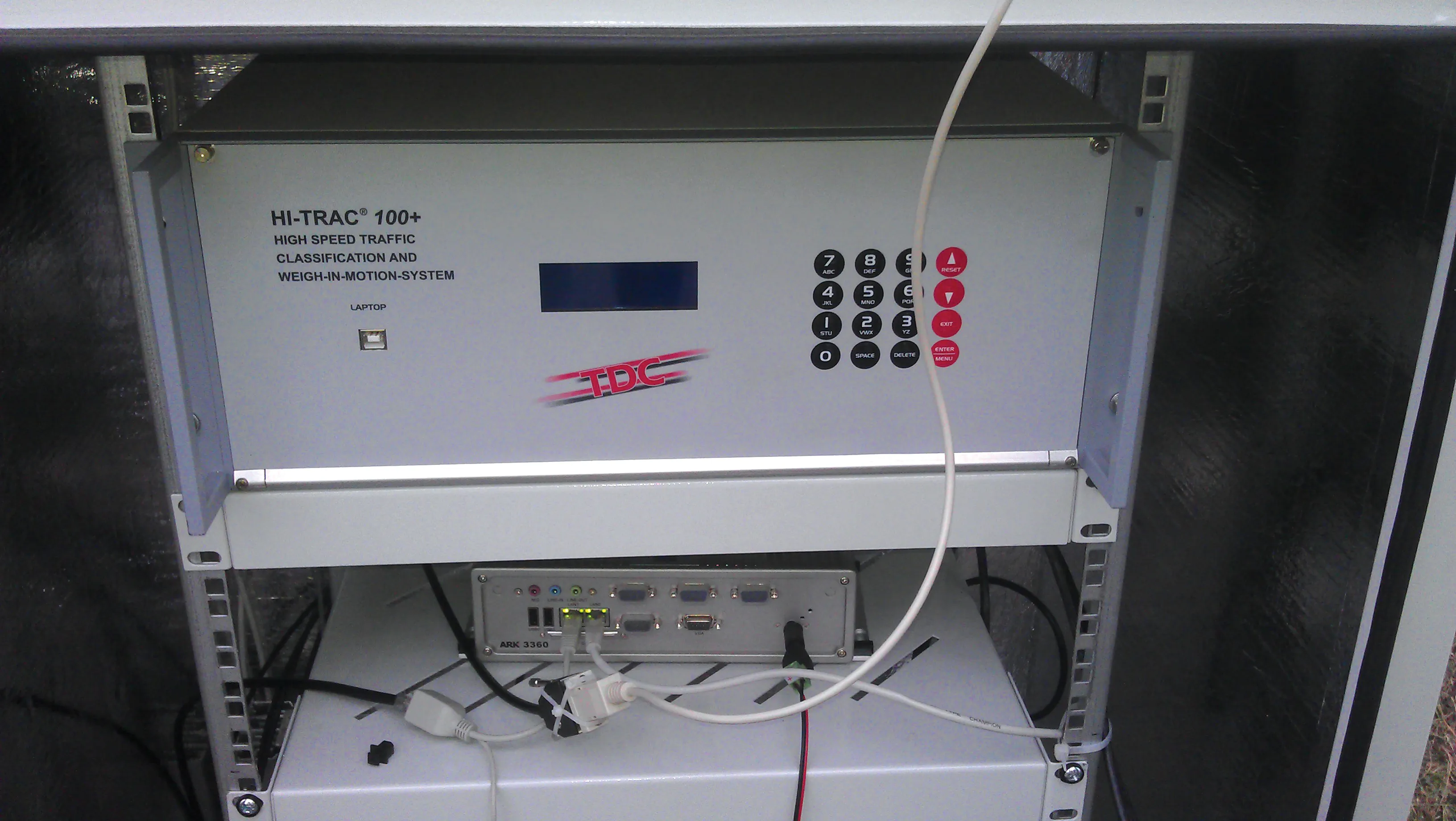The authorities in the Czech Republic have been criticised for taking a low cost approach to speed enforcement in some areas. Instead of installing traffic lights at many busy junctions, cardboard cut-outs of female police officers wearing mini-skirts have been employed instead. The cardboard policewomen were installed at busy junctions, with the aim of encouraging drivers to slow down and proceed with caution. The authorities say that drivers automatically slow down when they see a police officer, although
February 27, 2012
Read time: 2 mins

The authorities in the Czech Republic have been criticised for taking a low cost approach to speed enforcement in some areas. Instead of installing traffic lights at many busy junctions, cardboard cut-outs of female police officers wearing mini-skirts have been employed instead. The cardboard policewomen were installed at busy junctions, with the aim of encouraging drivers to slow down and proceed with caution. The authorities say that drivers automatically slow down when they see a police officer, although some critics of the scheme say that male drivers decelerate as they are more interested in looking at the legs of the women police officers pictured. Concerned that heavy rain might cause unsightly sagging and reduced effectiveness, one local radio station equipped a cardboard cut-out with a hat and anorak to help provide weather protection but these items were stolen. Meanwhile several of the cardboard cut-out cops have also been stolen by persons unknown. Police are reportedly seeking the return of their cardboard cut-out colleagues and are looking for suspects. The controversial cut-outs have since been returned to the police station as incident data says that they may have increased accident levels by distracting male drivers however.








